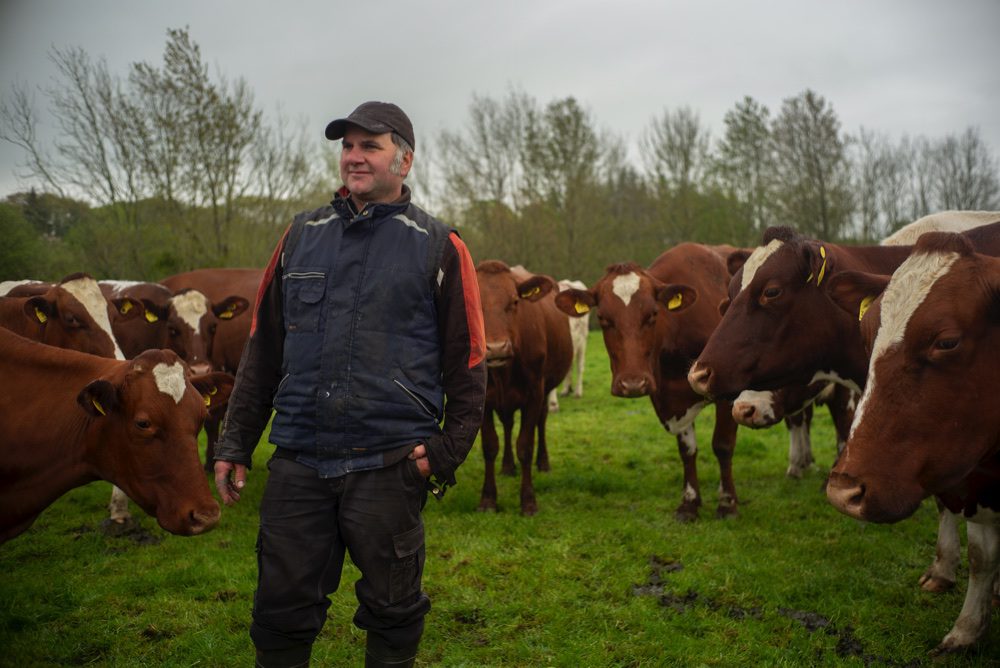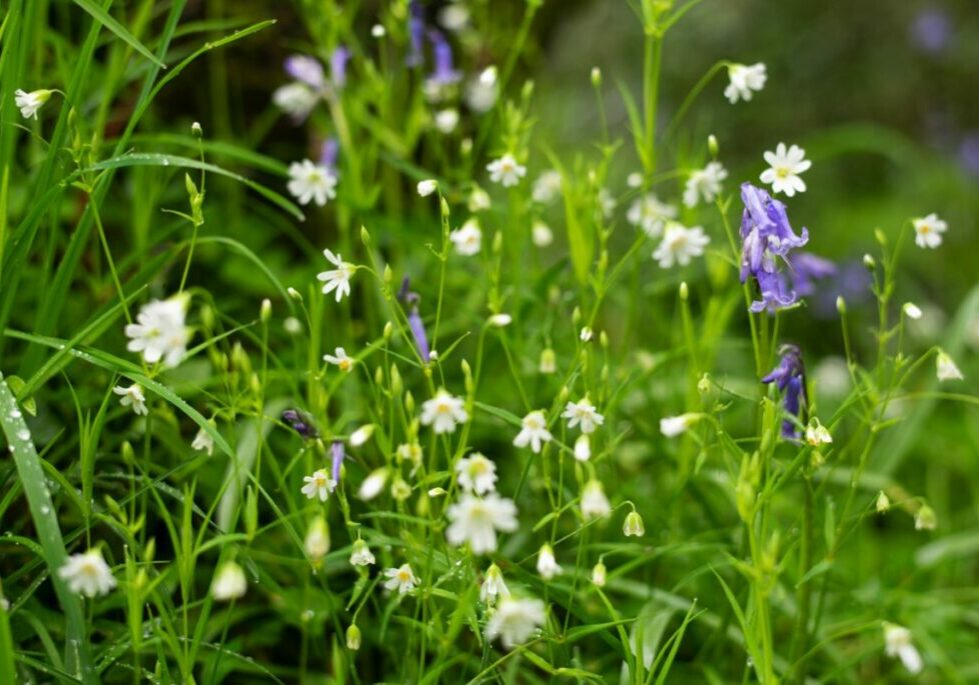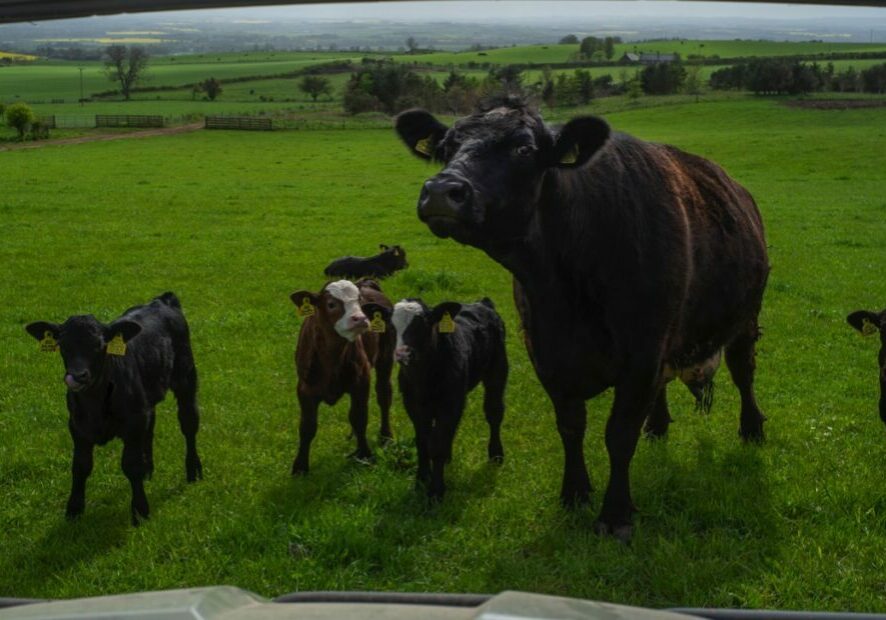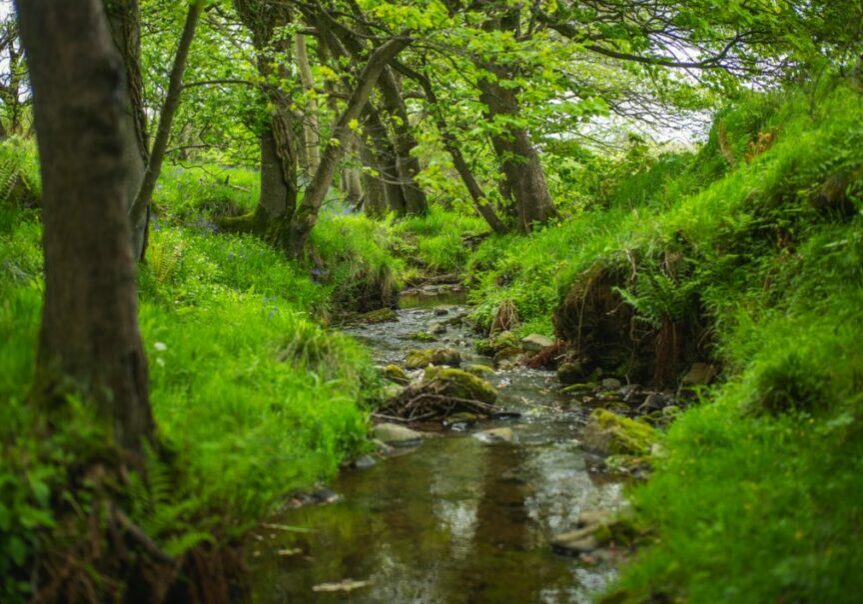Over nearly 150 years, six generations of the Robinson family have farmed their 120-hectare grassland organic dairy farm on the edge of the Lake District, which James runs with his parents and son, Robert. James explains here why wildlife is thriving on the farm thanks to their nature-friendly approach.
“We move livestock on through rotational grazing, so cows are on each patch for only one or two days, which lets the soil recover and the root system develop better,” James says.
“Everything starts with the soil. It’s easy to walk past a field and think it’s just grass. But look down past your feet and you’ll see all the stuff that’s growing there. In healthy soil you’ll have grasses, clovers, plantains, chicory and dandelions. You’ve got bees on those flowers. And you’ve got cowpats.
”Though a cowpat might look like muck, to some creatures it’s a home – it’s where they live and feed. All the dung beetles and larvae in there are breaking that dung down and taking the nutrients back into the soil.
“When bats come out at dusk, they eat the dung beetles. Those bats have probably navigated to the field along a hedgerow – so we need a healthy hedge that’s full of food as well. We’ve got birds in there, we’ve got small mammals and invertebrates.

© DAVID BEBBER / WWF-UK
“In the stream, there’ll be otters, dippers, kingfishers and crayfish – they all need clean, oxygenated water, so we need to protect the beck from farm run-off. We’ve installed solar-powered water pumps to bring water to troughs so that instead of 100 cows going down to the beck and contaminating it with soil, dung and pee, we can keep it clean. We have a wood full of bluebells, too. We’re trying to create one healthy little world that functions well.
“As farmers, we’re in a privileged position: we’re able to change the food system from the ground up. The system is broken – it’s not working for farmers, it’s not working for consumers. The only people it’s working for are the huge businesses. We need to do the right things at farm level to build things right for the future.
“For farmers to be able to farm in a sustainable, regenerative way, we need consumers to back us – to look at where their food’s coming from, to ask awkward questions of suppliers, and to think hard about buying the right kind of food from the right kind of retailer. If the consumer demands the right type of food on the shelves, then it will happen.”
More to explore

Farming for nature
Decades of intensive agriculture have transformed the UK’s landscape. Our once-rich soils have been degraded, and wildlife and habitats have declined. So we’re backing farmers in a shift to restore nature and tackle climate change by repairing our broken food system

